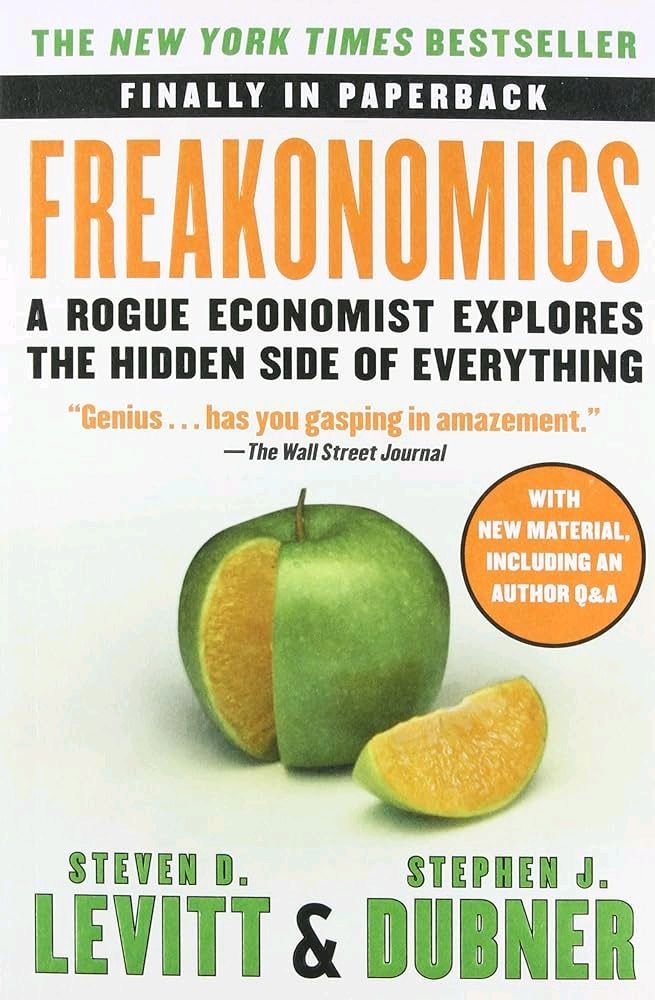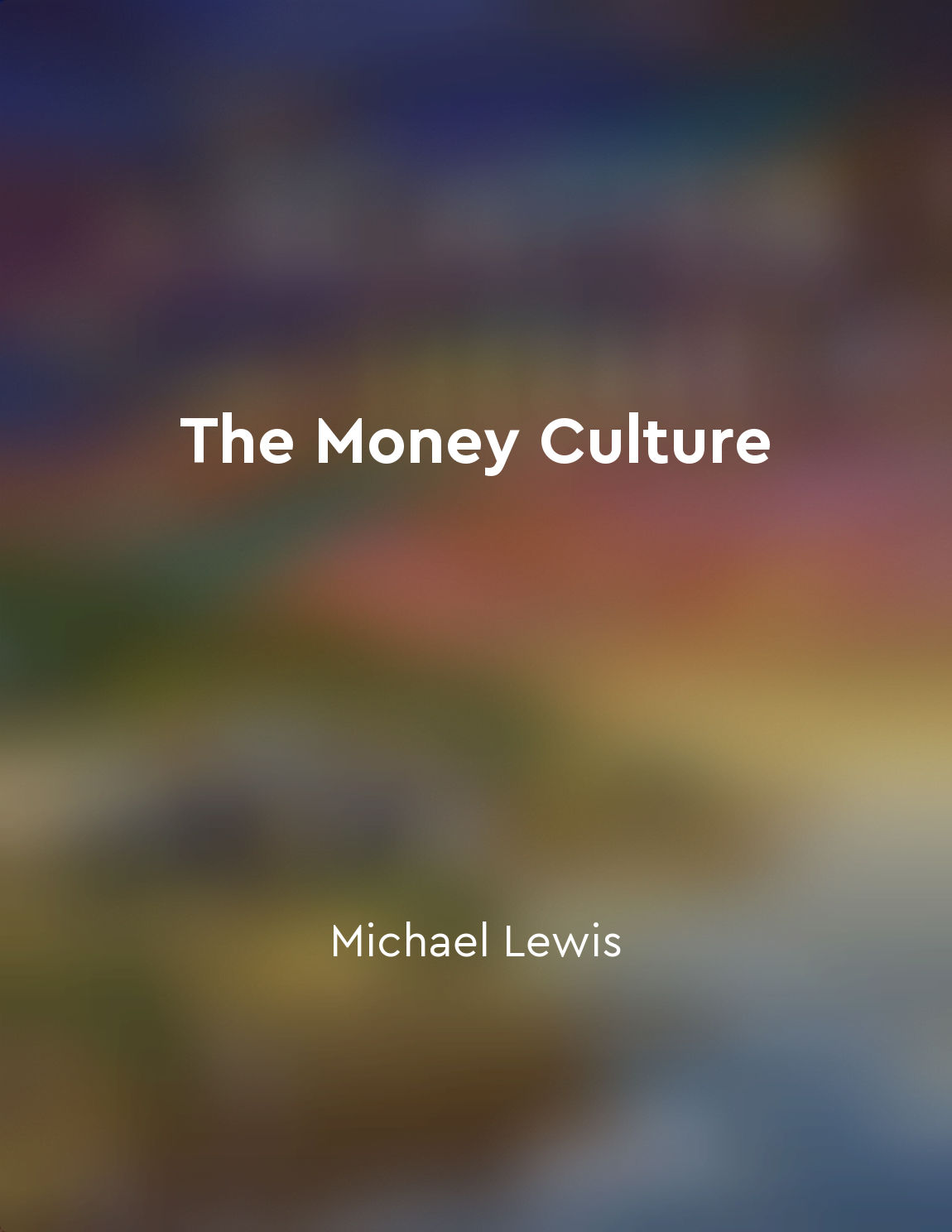Rational expectations shape economic behavior from "summary" of EBOOK: Macroeconomics by Rudiger Dornbusch,Stanley Fischer,Richard Startz
The concept of rational expectations plays a crucial role in shaping economic behavior. Rational expectations theory posits that individuals form their expectations about the future based on all available information, including past experiences and current economic conditions. This means that individuals make predictions about future economic outcomes that are as accurate as possible given the information they have. When individuals hold rational expectations, they are more likely to make decisions that are in line with economic theory. For example, if individuals believe that inflation will increase in the future, they may adjust their behavior by demanding higher wages to compensate for the expected rise in prices. This, in turn, can lead to an actual increase in inflation as businesses pass on higher labor costs to consumers. Rational expectations also have implications for government policy. If policymakers announce an expansionary monetary policy to stimulate the economy, individuals with rational expectations may anticipate the potential inflationary effects of such a policy and adjust their behavior accordingly. This could result in a situation where the intended effects of the policy are muted or even reversed. Moreover, rational expectations can influence the effectiveness of economic forecasting models. When individuals form their expectations rationally, economic models that assume irrational behavior may not accurately predict economic outcomes. This highlights the importance of incorporating rational expectations into economic models to improve their predictive power.- The concept of rational expectations underscores the idea that economic behavior is shaped by individuals' rational assessments of the future. By taking into account all available information, individuals are better able to make decisions that align with economic theory and influence outcomes in the economy.
Similar Posts

Longterm economic trends can help predict market cycles
Long-term economic trends play a crucial role in shaping market cycles. By examining historical data and analyzing patterns tha...

Embrace curiosity and skepticism
Curiosity and skepticism are essential qualities for those who want to uncover the truth about the world around them. In order ...
We often make decisions based on social comparisons
When faced with decisions, we tend to look to others around us, comparing ourselves to them in order to determine what to do. T...

Competition leads to innovation and efficiency
Competition is a powerful force that drives individuals and businesses to constantly strive for improvement. When firms are for...

Decisionmaking involves trade-offs between competing goals
When we are faced with making a decision, we often find ourselves in a situation where we have to choose between different goal...
Markets facilitate the exchange of goods and services
The mechanism of markets can be understood as a system that allows individuals to exchange goods and services with one another....

Speculative nature of markets creates instability
The stock market is a place where people go to make money. It is a place where dreams are made and shattered in a matter of sec...
Model selection involves choosing the most appropriate variables to include in a regression model
Model selection in econometrics is a crucial step in the regression analysis process. It entails the careful consideration of w...

Understanding your own values and goals is crucial for financial decisionmaking
To make sound financial decisions, it is imperative to have a clear understanding of one's values and goals. These serve as the...

Substitution heuristics simplify complex decisions
When faced with complex decisions, our minds often take a shortcut by substituting a simpler question for the difficult one at ...

